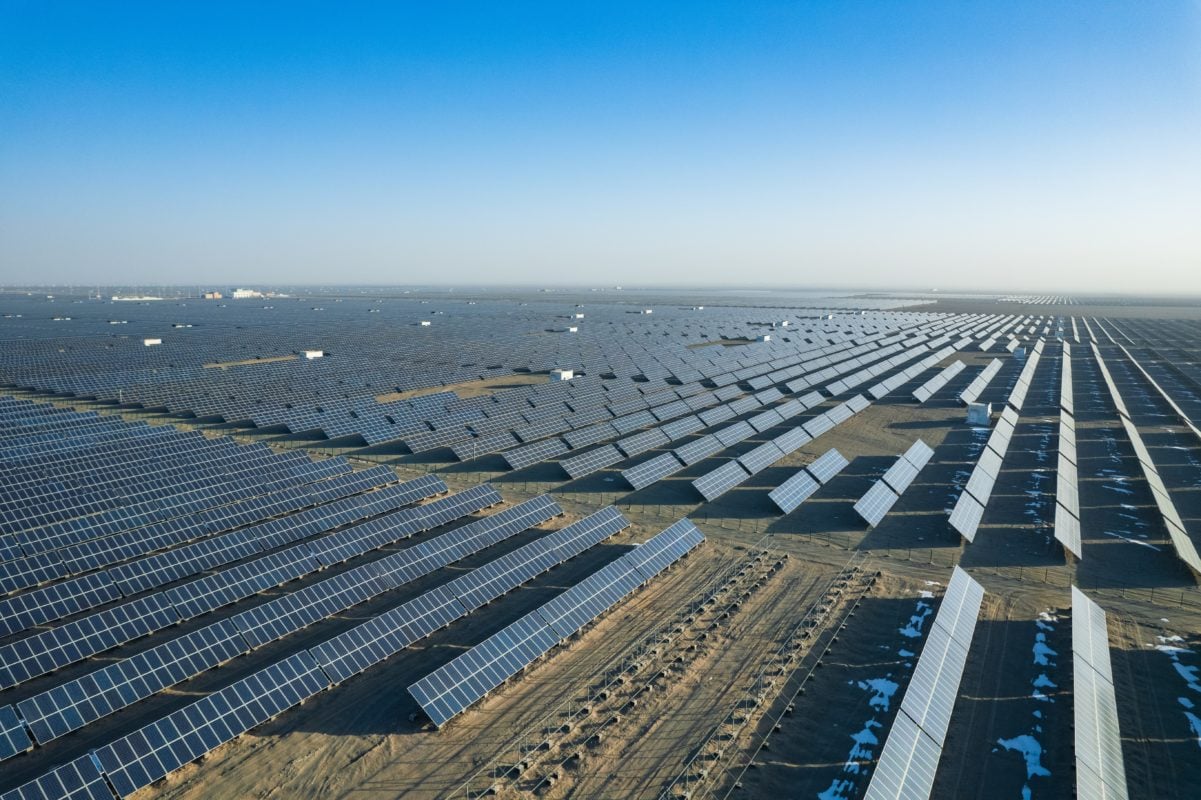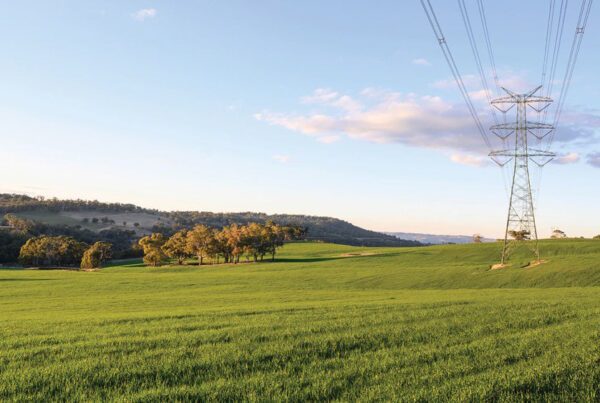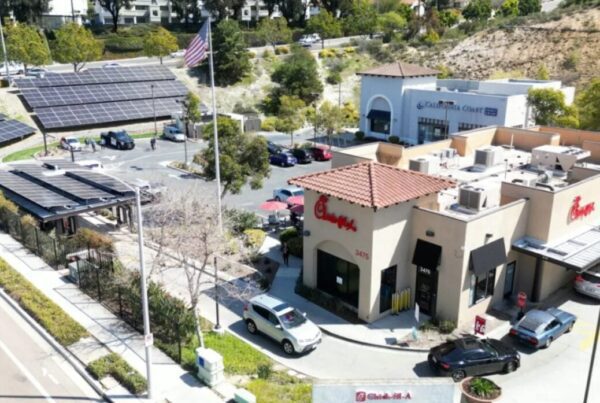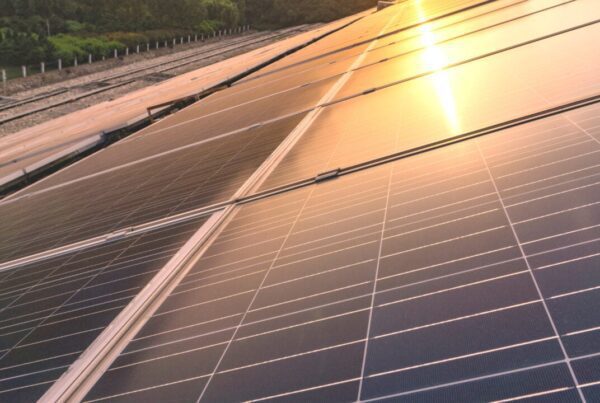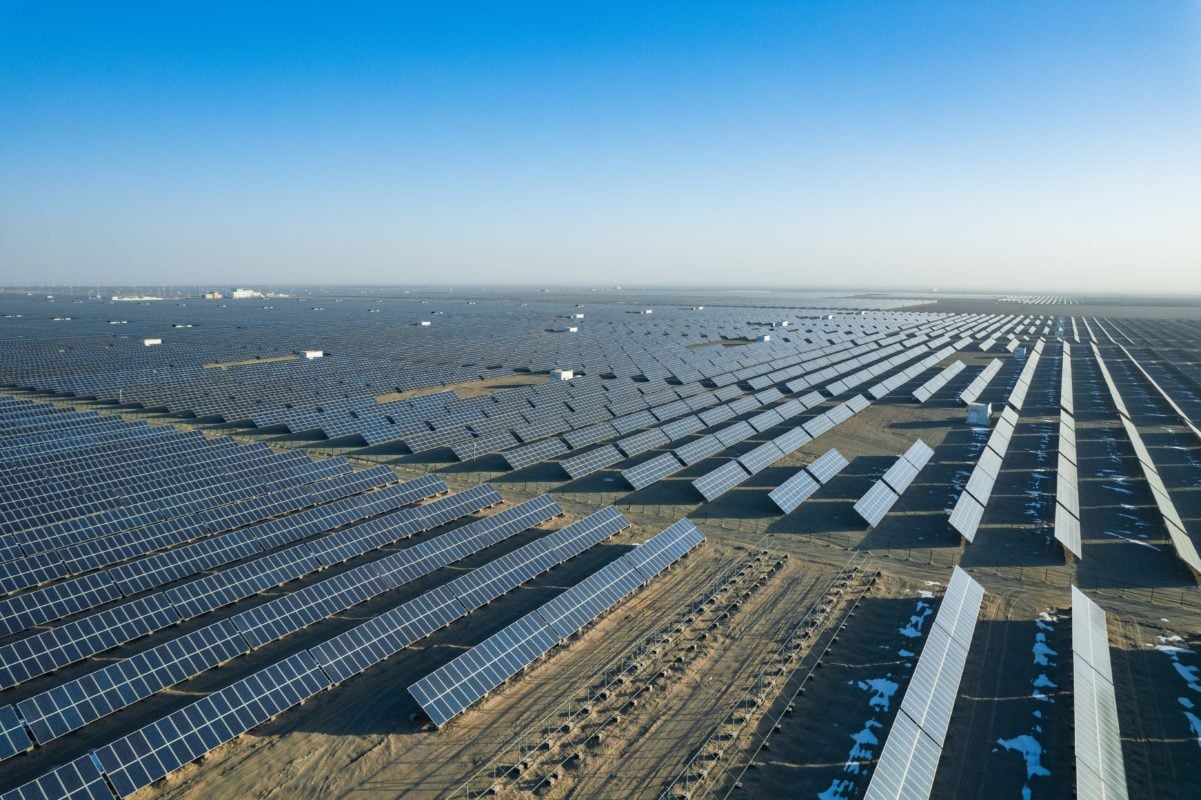
This is the second time the tariffs have been raised this year, with the implementation of the 9.6% duty on solar modules taking effect at the beginning of the year.
The tariff increase was in response to requests from two national module manufacturers, BYD Energy Brazil, a local PV module manufacturer subsidiary of Chinese automaker BYD, and Brazilian module manufacturer Sengi Solar.
After hydropower, solar PV is the technology with the most installed capacity in Brazil, with over 48GW in operation. Solar PV represents 20% of the country’s total installed electricity capacity.
Brazilian trade association Absolar said in a LinkedIn post that the decision was a “setback in the energy transition” and could risk an increase in prices and the loss of investments.
Its executive president, Rodrigo Sauaia, mentioned during a panel at the Conference of the Parties 29 (COP29) in Baku, Azerbaijan, that: “This can impact very severely projects that are already under construction.” Sauaia added that the tariff increases will freeze the conditions for the market to access financing.
He also highlighted the timing of this decision, considering Brazil is set to host COP30 next year. “It is very important to help renewable energy technologies, to help the energy transition accelerate, not decelerate,” said Sauaia.
A survey made by the Brazilian trade association regarding the increase of tariffs on modules to 25% puts over 25GW of solar PV projects at risk of being cancelled by 2026, according to several local news outlets. This represents more than BRL97 billion (US$16.7 billion) in solar investments.
In 2022 and 2023, the country imported over 17GW of modules each year. Since the last quarter of 2021, the country consistently imported over 3GW of module capacity per quarter, as shown in the chart below.


